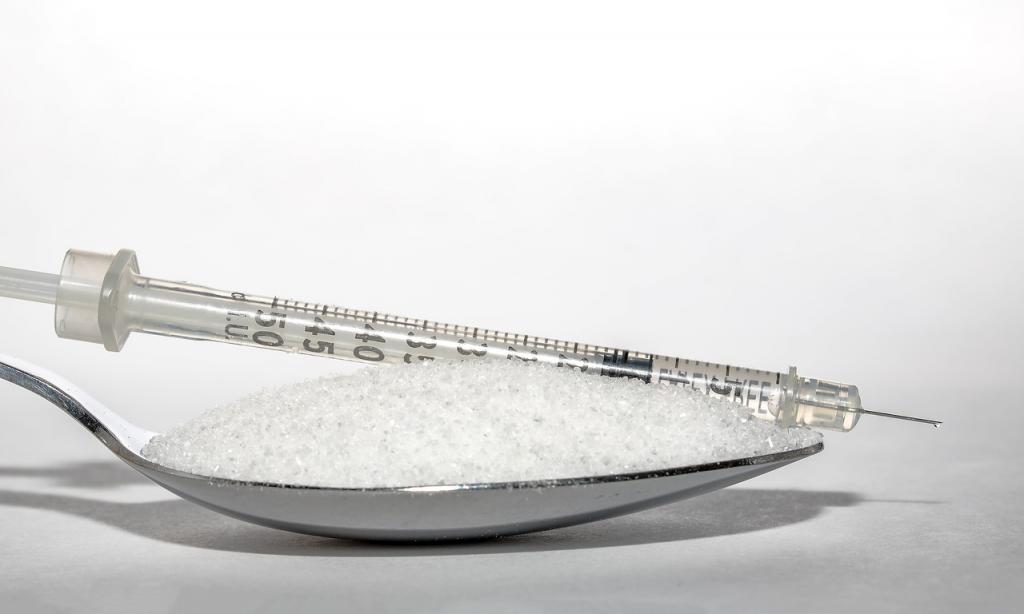There is no doubt that Ozempic has achieved superstardom in the weight-loss community. The purported miracle cure for obesity and weight gain took the world by storm in recent months. But at what cost?
Pharmacists and doctors are worried that because of Ozempic’s skyrocketing popularity as a weight-loss solution, diabetes patients are paying the price of the trend.
A pharmacist in Jackson, Mississippi, recently spoke up about the issue, saying those who really need the drug for health reasons are having a hard time getting prescription refills.
“Over the last several months, because of the gain in popularity, we have experienced quite a bit of shortage of Ozempic. Because of the social media, I guess, frenzy around it … supplies are limited,” Dr. Andrew Clark told WLBT.
Clark is a pharmacist who owns Northtown Pharmacy. According to him, though he understands the demand for the drug as a weight-loss solution, diabetic patients badly need to get their doses of the drug for their condition.
“I’ve seen patients come in over the last several months that have dropped weight significantly, and also their agency has improved significantly, so I can understand the demand that’s behind the medication,” he said. “But it’s very, very important that we have those medications stocked for our diabetic patients.”
Clark shared that because of the sudden interest and high demand for Ozempic and Manjaro — another diabetes drug that works like the former, they proactively help diabetes patients secure refills or find other solutions when stocks are limited.
“Pharmacists are communicating with each other, calling around seeing the other pharmacists have those medications in stock. We also are communicating back and forth with the doctors to make sure that we may be able to adjust the dose of that medication up or down in order to get those patients those medications,” he explained.
The U.S. Food and Drug Administration has not officially cleared Ozempic for weight loss. But it has approved similar drugs for adults struggling with obesity and other weight-related conditions, as pointed out by The New York Times, which also reported on the drug’s side effects, including the shocking Ozempic face.
According to Dr. Paul Jarrod Frank, the New York-based dermatologist who coined the term, Ozempic face has become quite common among people in their 40s or 50s taking Ozempic for weight loss. Ozempic face refers to the distortion of the face after a dramatic weight loss due to the drug.
The popularity of Ozempic for weight loss got magnified when Hollywood celebrities started crediting the drug for their body transformations. Sources claimed famous people were paying top dollar to secure doses for their weight loss and not because they had diabetes. This led to a shortage of medication among diabetes patients.
Clinics and medical centers have also started to offer Ozempic to clients who want help with their weight loss journey. Cristy O’Connell, the owner and a nurse practitioner at Health Xpress in Henderson, Nevada, said she began offering the “skinny pen” after experiencing first-hand how the drug facilitates quick weight loss.
“I took Ozempic for about a month, I lost almost 10 pounds in about 3 weeks,” she told Fox5 Vegas before admitting that she introduced the drug to her patients after seeing the results.
While diabetes patients pay the price amid Ozempic’s popularity, Clark warned that Ozempic and similar drugs are not free from side effects, such as gut problems and damage to the pancreas. He warned people who may be jumping on the bandwagon without realizing its consequences.
“If you do not have type two diabetes, your pancreas is already doing a great job releasing insulin. So, we don’t want to disturb that… You don’t want it to produce more insulin when you do not have that problem,” he said.
















